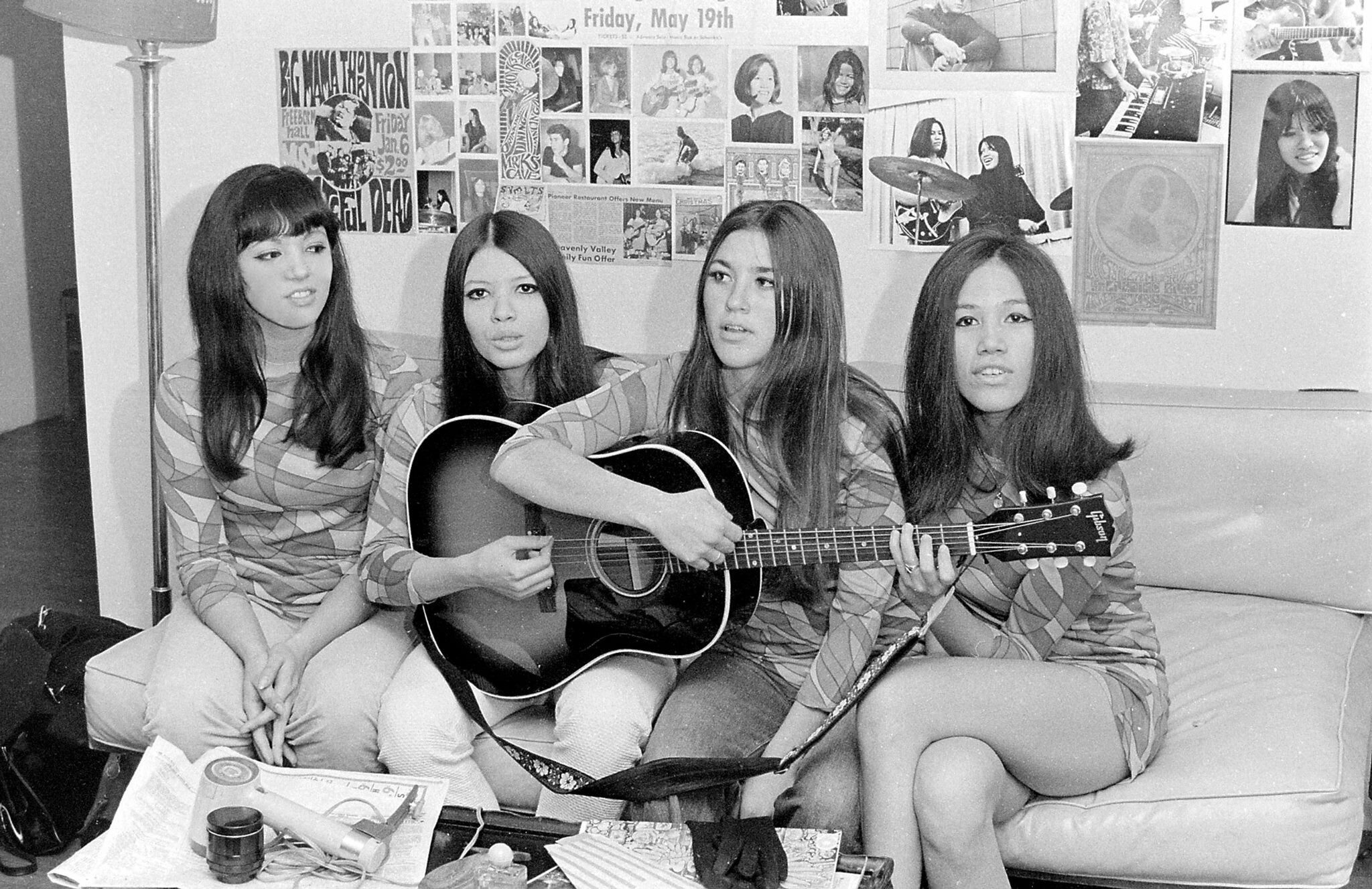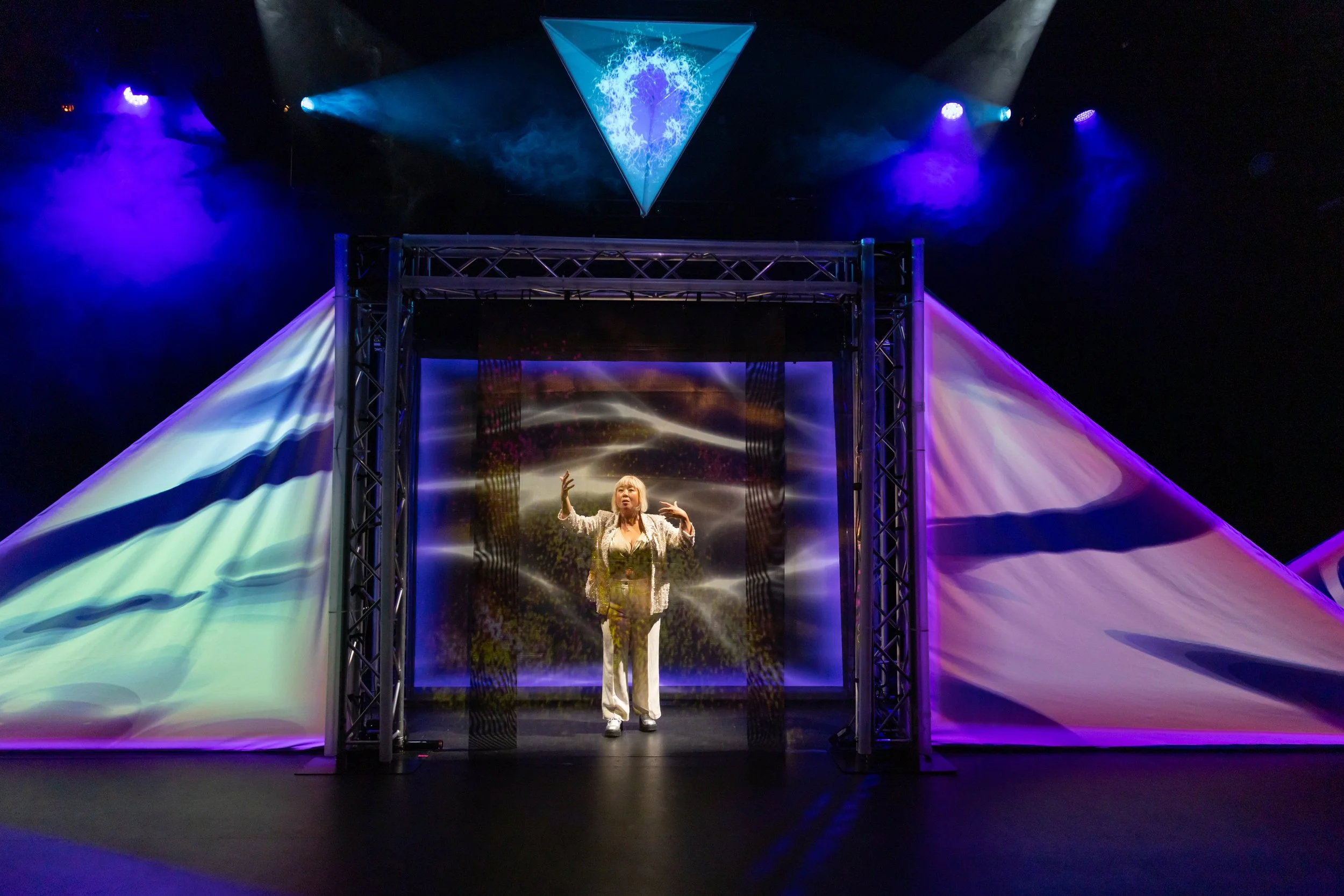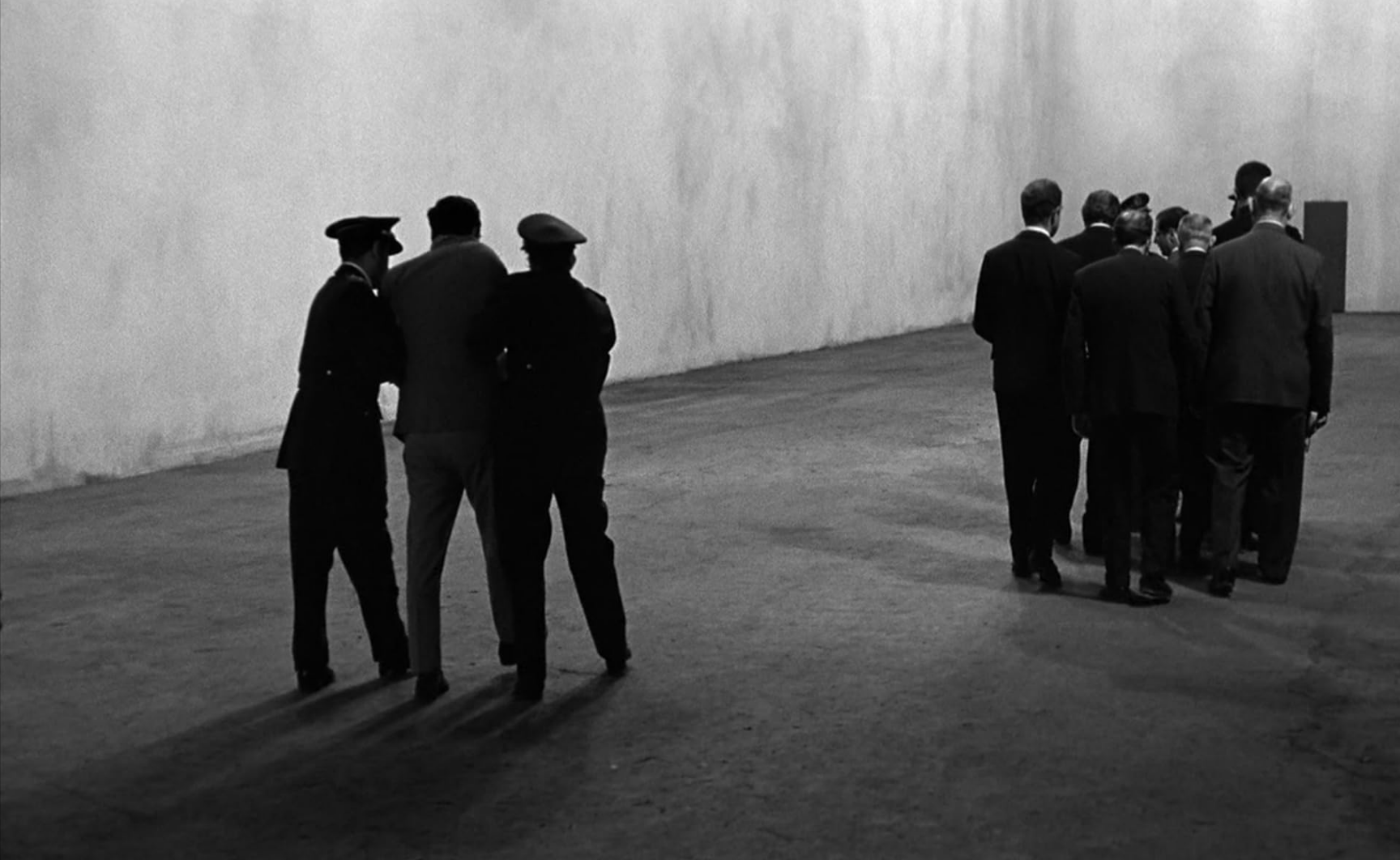Fanny: The Right to Rock Exposes the Forgotten History of Female Rock Trailblazers
/In the late 60s and early 70s, a Filipina-American band called Fanny shook the Los Angeles rock scene. As the first all-female rock band to sign a major record deal and tour the world, they defied gender and racial barriers with pounding drums and heavy riffs that paved the way for women in rock.
So why have we never heard of them?
A new documentary, Fanny: The Right to Rock, shares the untold story of the band that was once touted as the next Beatles; but, due to sexist and racist discrimination in the music industry, their legacy has been virtually erased from history.
Photo credit: Steve Griffith
L-R: The (pre-Fanny) self-founded Svelts garage band in a home they shared and rehearsed in, in Los Altos Hills, California, in the 1960s: Jean Millington, Brie Darling, Wendy Haas Mull, June Millington.
Written and directed by Bobbi Jo Hart, this feature-length film is streaming online as part of this year’s DOXA Film Festival from May 6-16.
The documentary’s energetic performance footage is immersive and electric, leaving your body no choice but to groove along to the band’s harmonic vocals, fierce genre-defying chords, and self-penned lyrics.
Combining old footage and cinema verité style interviews with band members – sisters June and Jean Millington on lead guitar and bass and Brie Darling and Alice de Buhr on drums – the film follows the band’s path to near-stardom, beginning with their unlikely success as teenage girls.
Fanny is lauded in interviews with musicians from Def Leppard, the Runaways and Bonnie Raitt and credited with opening the door for female rock bands like the Go-Go’s that came after.
At the height of their musical career, they opened for big names like Deep Purple and kept close company with Mick Jagger and David Bowie, who referred to the group “as one of the most important bands in American rock.”
By revealing the infectious charisma of Fanny, the film confirms that Bowie was right. The band played hard, pouring themselves into their instruments.
They stood powerfully tall in the face of the stigma that they constantly faced as queer, racialized women on a man’s stage. But they never broke through the charts or became a household name due to that era’s inability to hear them for what they were.
Photo credit: Bobbi Jo Hart
L-R: Fanny bassist Jean Millington, Fanny lead guitarist June Millington, Fanny drummer Brie Darling, riding in a convertible in California after the release of their new album Fanny Walked the Earth.
Now in their early 70s with silver hair and weathered skin, the badass band is stepping back into the spotlight, once again bucking norms as older women in rock. Weaving timelines, the film shows emotional, behind-the-scenes footage of the band recording their reunion album Fanny Walked the Earth, released in 2018.
It’s impossible not to leave this film feeling empowered, inspired, and rocked out. Check out Fanny’s 1972 hits “Blind Alley” and “Ain’t that Peculiar” to see why.
Tickets to stream the documentary online are available on DOXA’s website.







